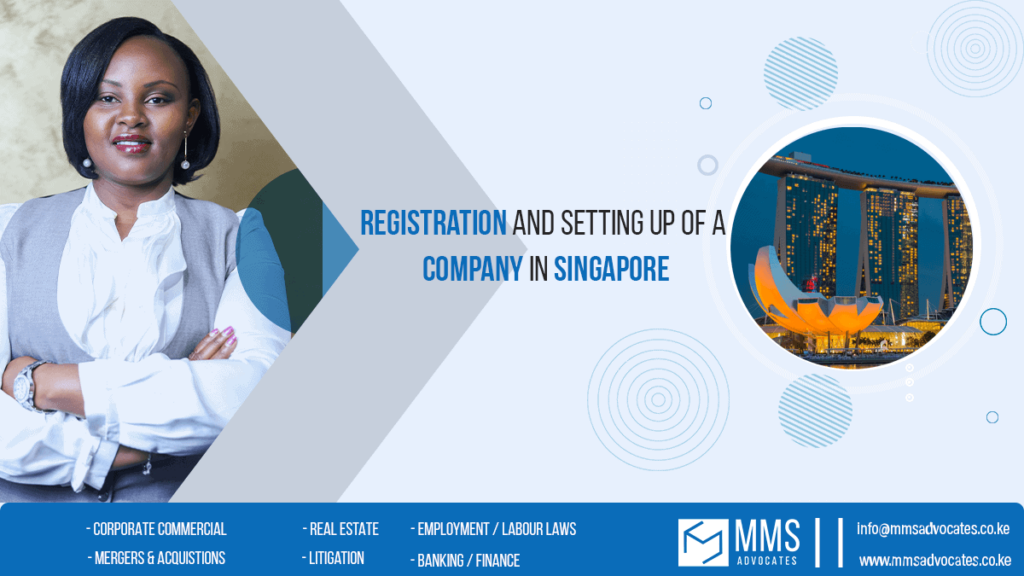
Each industry has its hub where everyone would love to have their company or business associated with. In the tech industry, Singapore has been recognized as one of the best and biggest tech hubs in the world due to the fact that they habour most of the world’s top info-communications multinationals including Microsoft, Oracle, Amazon Web Services, Google, Facebook, Alibaba, and regional leaders like Garena, Grab, Lazada and Razer as well as international technology startup companies. It is also a global data management hub connected to 15 active submarine cable systems, with a total submarine cable capacity of 114 Tbps and more than 50 per cent of the commercial carrier and carrier neutral data center space in South East Asia.
As the digital capital of Asia, Singapore is the preferred base for Information and Communications Technology (ICT) firms. Ranked as the world’s most digitally connected country, some of the benefits of setting up in Singapore include: ease of doing business, a stable economy, active and favorable tax rates and incentives among others. Another important benefit is the boost to investor image especially for Kenyan SMEs seeking foreign investment.
Singapore allows foreigners to set up businesses in their country, with favorable regulations for setting up holding companies. A holding company is a legal entity set up mainly to hold shares and control other companies with minimal risks to the owners and obligations limited to the extent of ownership in the subsidiaries. They are usually registered in Singapore as private limited companies.
A few details on Singapore holding companies:
- The registration process is purely online but must be done by a Singaporean business registration service provider.
- Whilst there is no minimum local shareholding requirement, a foreign owned company must have a local nominee director. The local director ensures that the company complies with all the local requirements and would be the contact person for the company.
- Part of the registration process involves an extensive KYC on the shareholders and directors including verification of identification and proof of address documents; scrutiny of the applicant’s corporate structures and checks on the professional background of proposed shareholders and directors of the company.
- An interesting point to note about Singapore is that they do not recognize postal addresses. This means that you would have to provide home addresses and utility bills to confirm the address.
- The company must also have a local company registered address and this address cannot be a P.O. Box.
- ACRA, Singapore’s Registrar of Companies now requires the local nominee director to fill and submit the information on the beneficial owners of the holding company to be incorporated.
- The holding company must also appoint a local qualified company secretary within 6 months of incorporation.
- Similar to Kenya, there is also a requirement to prepare financial statements and file annual tax returns. Small companies or start-ups with annual revenues below a certain level are exempted from filing audited accounts.
- There is also a requirement for USD 10,000 to be deposited in escrow as security for compliance by the foreign-owned holding company in case of winding up.
- Start-ups may not be able to enjoy tax incentives which are pegged to conditions relating to local expenditure, creation of local employment and generation of local revenues, however these would be available as the business grows. Nonetheless, the holding company will enjoy the lower tax rate of 17%.
As MMS, we work with qualified corporate service oriented firms to assist our clients set up in Singapore. Please contact Felicia Solomon at felicia@mmsadvocates.co.ke and Praxedes Kageha at praxcy@mmsadvocates.co.ke for any assistance in setting in Singapore.